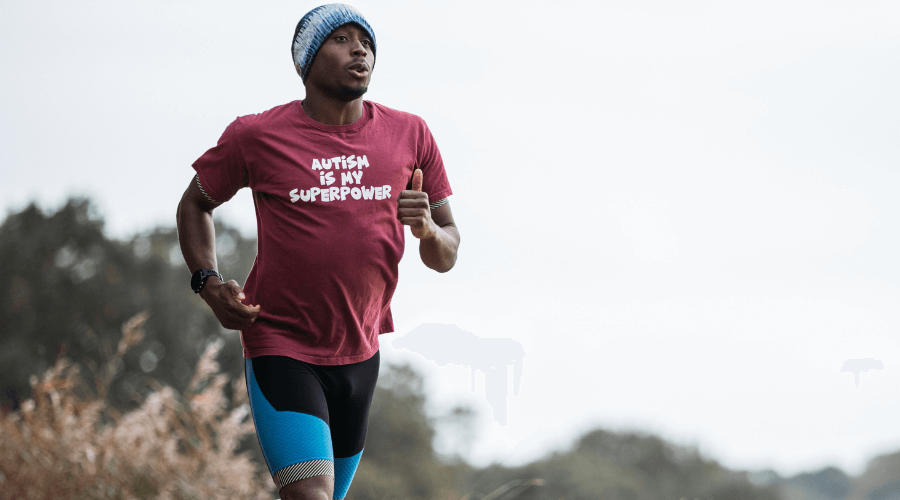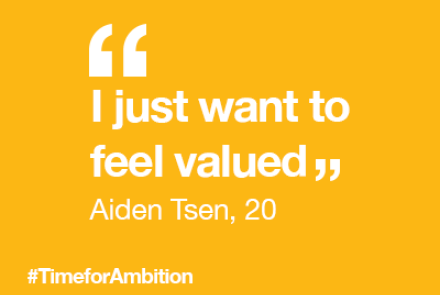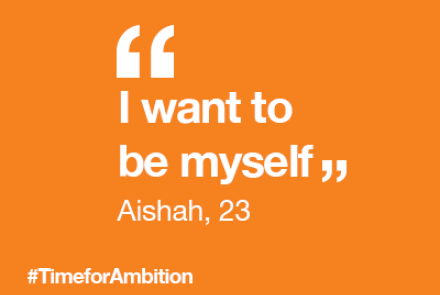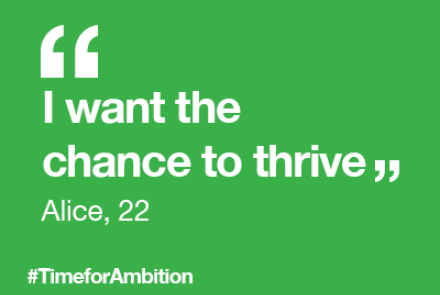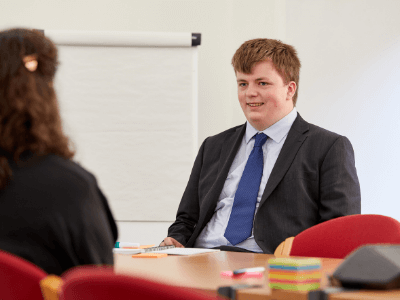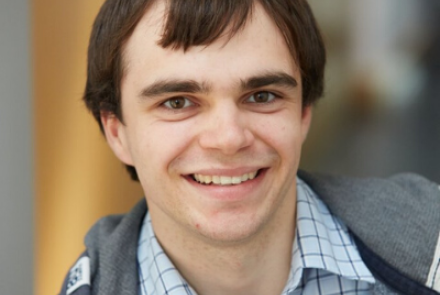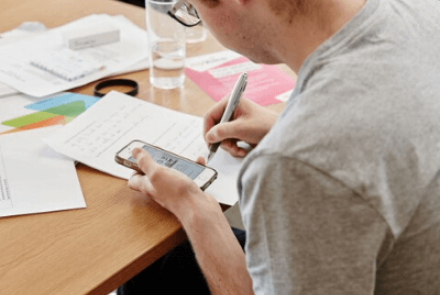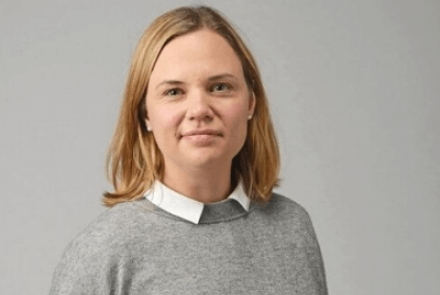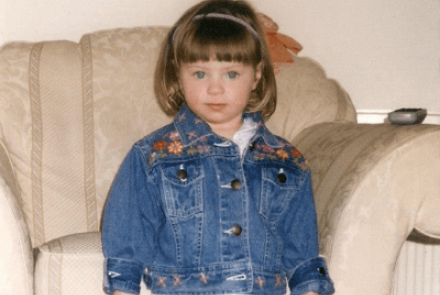"Super Sam" the autistic triathlete
It wasn’t great being told by teachers and psychologists, after my diagnosis for autism aged four years old, that my parents should set low expectations for my future. They were told I would have problems with basic literacy and encounter significant social and communication issues. I was fortunate that my parents didn’t listen to them and focused on doing their best to provide a positive and nurturing environment where I could thrive. Because of their support and commitment, I did well enough in school so that I could attend university and achieve a BSc in Sports Science.
Becoming a triathlete
I didn’t plan to become a triathlete; I would have been happy spending my days playing computer games and watching quiz shows on TV. The journey to becoming a sports person wasn’t easy - but there are many things in life that are not easy for autistic people. I had to learn to swim, run and ride a bike. I am sure you appreciate that everyone has to learn the process of swimming and riding a bike, but learning to run, no, surely everyone can run? Not true. The biggest issue for people with autism doing sport are our weak motor skills. During my first track session I ran like a duck out of water waddling around, unable to coordinate my legs and my arm running action successfully. Come to think of it, I had to be a duck out of water because I was able to swim before I could talk at six years old, and only learned to run properly 14 years later.
The other great idea that my parents had was to send me to Judo classes because I was going through a phase where I didn’t like my food touching other foods or anyone touching me, and they needed to find a way to change my behavior. We agree to try the local Judo club. I remember sitting and watching for about four weeks before I slowly joined in, and after four years, I got my brown belt.
Training
I train for three to four hours each day and regularly compete in races in the UK and Europe. My favorite race was in Portugal where I cycled around the Formula One track at Estoril. Another important part of my training is sleep for physical and mental recovery. Since becoming an athlete I have been able to sleep for at least eight hours every night and two hours in the afternoon, rather than suffering from the autism related sleep anxiety that I had before.
My autism
I think that my autism has helped me to become a good triathlete because of my ability to focus for long periods and my like of doing the repetitive tasks required for training. My autism is also an advantage because I never give up, I like structure and I want to finish anything I start.
I now feel like I have a purpose and a reason for getting up every day. I also have some goals, the first is to motivate others with autism to take up sport because it can make them healthier and improve their self-confidence, and second, I want to become the first professional Ironman triathlete with autism. If I can achieve these goals it will hopefully change the world’s perception about people with autism.
My message to everyone is, “Don’t let your disability stop you from doing sport, get out there and get active”.
About the author
Sam is 27 years old and from London. He is thought to be the only autistic Ironman triathlete in the world. His dad Tony is Sam’s coach and helps him achieve his dreams. Find out more about Sam via his website, YouTube video or by following him on Instagram.

